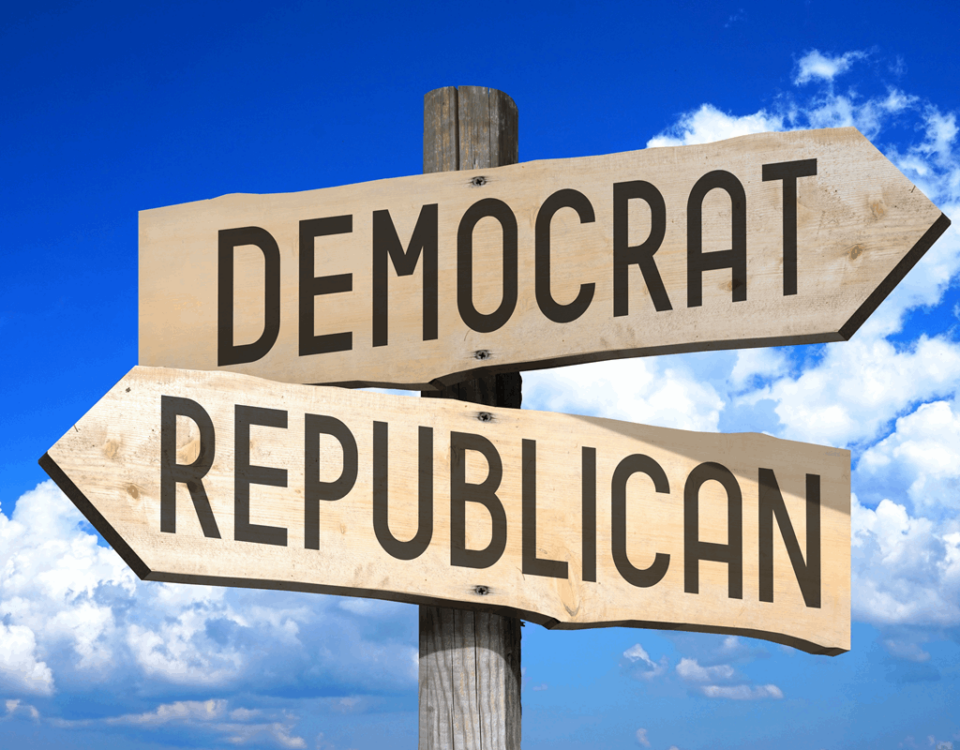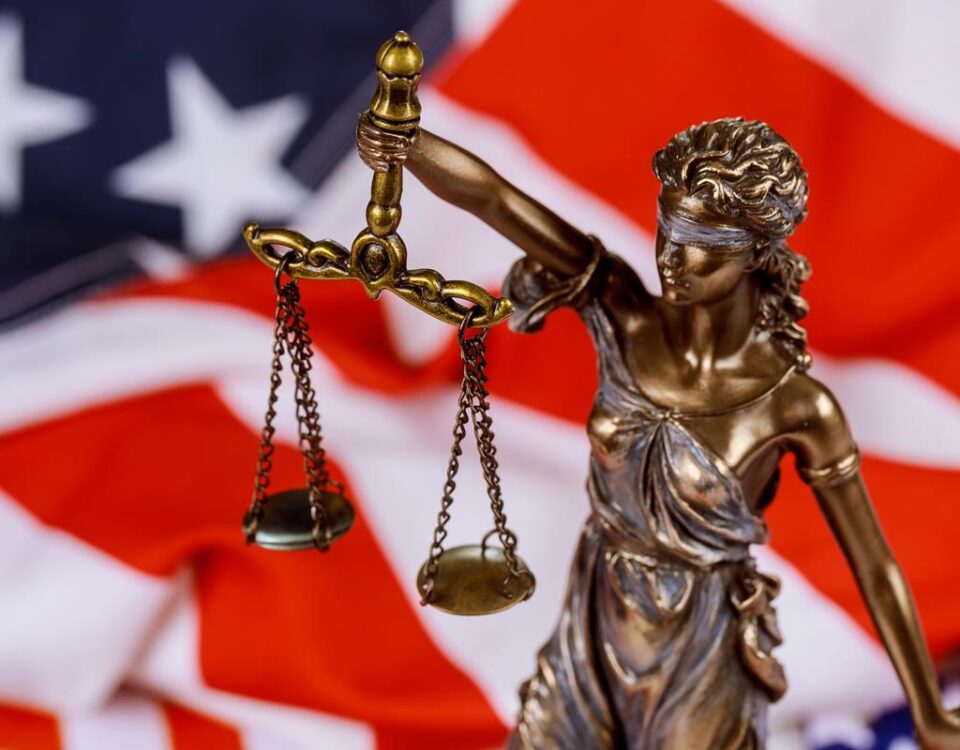
Assassination Nation
September 15, 2024
Howard Stern Hates You
September 20, 2024Wisconsin’s Familiar Election Anomalies
The history of Wisconsin’s election mischievousness, especially those involving Milwaukee, traces back decades, centering around accusations of voter fraud, vote suppression, and procedural mismanagement. Over the years, the state’s unique political environment has been characterized by a nearly even split between Democrats and Republicans and this has only heightened the intensity and scrutiny of elections in Wisconsin. With Milwaukee often acting as the state’s electoral epicenter due to its size and population density, the city has faced particular scrutiny.
One of the earliest instances of election concerns in Wisconsin dates back to the 1930s when political machines were thought to wield significant influence in Milwaukee. Although lacking the scale and sophistication of machines in Chicago or New York, Milwaukee’s machine was accused of controlling voting blocks and manipulating results to ensure their preferred outcomes.
As the city diversified throughout the 20th century, concerns arose about fair access to voting for Black, Hispanic, and working-class communities. Voting suppression tactics like limiting the availability of polling locations or under-resourcing them were alleged, particularly in minority neighborhoods, where long lines and lengthy waiting times were reported.
The state’s election controversies took on new significance in the 2000s, with the 2004 presidential election being particularly contentious. In the aftermath, Milwaukee was at the center of claims of irregularities, with allegations of voter fraud surfacing. A subsequent investigation revealed various administrative issues, including inadequate voter lists, clerical errors, and absentee ballot handling mistakes, leading to a crackdown on potential fraud across the state. The incident sparked efforts to modernize election procedures, with the state legislature pushing for more robust voter identification laws. However, these laws sparked intense political debate, with proponents claiming they prevented fraud and critics asserting they disenfranchised voters, especially in minority and low-income communities.
In 2011, Wisconsin passed a voter ID law that required voters to show photo identification before casting a ballot. The law became the subject of numerous lawsuits, with critics arguing it was a targeted effort to suppress turnout among likely Democratic voters, especially in urban areas like Milwaukee. This led to a prolonged legal battle that would go on for years, with parts of the law being modified and reinstated at various points. The law also underscored Milwaukee’s central role in Wisconsin elections, as any policy disproportionately affecting urban voters directly impacted Milwaukee, Wisconsin’s most populous city and one of its most diverse.
The 2016 presidential election saw new controversies. After Donald Trump’s narrow victory in Wisconsin, Green Party candidate Jill Stein requested a recount, citing concerns about election irregularities and issues with voting machines. Although the recount did not change the results, it highlighted vulnerabilities in the system, with issues like ballot handling procedures and machine reliability becoming focal points of concern. Additionally, Milwaukee faced accusations of administrative errors, including misplaced absentee ballots, raising questions about the city’s electoral infrastructure.
The 2020 election intensified scrutiny on Milwaukee as Joe Biden narrowly won Wisconsin. With many voters casting absentee ballots due to the COVID-19 pandemic, Milwaukee reported a significant increase in mail-in voting, which sparked widespread claims of fraud and mishandling from Republicans. Milwaukee election officials faced criticism for perceived delays in counting absentee ballots, leading to frustration and skepticism among voters.
As Wisconsin heads toward next week’s 2024 election, Milwaukee’s electoral process will likely remain under intense scrutiny. Election officials continue to refine voting procedures, but with the state’s closely contested political climate, the spotlight on Wisconsin and Milwaukee, in particular, will be front and center once again. In the past, election tricks were hidden from the public. After Trump, there is no more hiding anything. The chicanery is there for all to see. Pennsylvania, Michigan, Wisconsin, and the usual suspects have already started with their anomalies in the 2024 election.
C. Rich
CRich@AmericaSpeaksInk.com

C. Rich is the voice behind America Speaks Ink, home to the America First Movement. As an author, poet, freelance ghostwriter, and blogger, C. Rich brings a “baked-in” perspective shaped by growing up on the streets and beaches of South Florida in the 1970s-1980s and brings a quintessential Generation-X point of view.
Rich’s writing journey began in 2008 with coverage of the Casey Anthony trial and has since evolved into a wide-ranging exploration of politics, culture, and the issues that define our times. Follow C. Rich’s writing odyssey here at America Speaks Ink and on Amazon with a multi-book series on Donald Trump called “Trump Era: The MAGA Files” and many other books and subjects C. Rich is known to cover.
“America Speaks Ink is a Google News approved source for Opinion”





